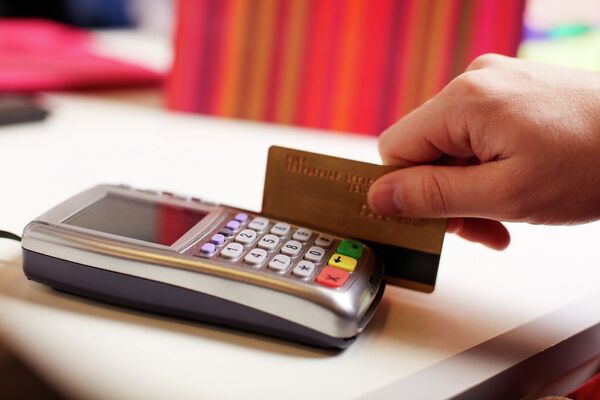MOSCOW, April 15 (RIA Novosti) – The Russian parliament is expected to soon decide on a form for the national payment system in a bill that was drafted in response to US sanctions that led MasterCard and Visa to freeze cards issued by several Russian banks.
The creation of a national payment system will most likely be taken in a series of steps, the deputy head of the committee on financial markets in Russia’s lower house of parliament told RIA Novosti.
“There is an understanding of the need for an independent clearinghouse, with two alternative approaches: either as a commercial or as a non-profit organization,” Anatoly Aksakov said.
“Most market players are leaning towards a non-profit organization that defines the rules of the game ... and sets rates and fees to work with the national card payment system (NCPS),” he added.
Russia’s Central Bank has invited the country’s banks and payment platforms to co-found a non-commercial partnership to draft a regulatory framework, which would then be followed by the establishment of a clearinghouse based on Rossiya Bank’s operations and finally bringing the new card payment system online.
The alternative scenario, backed by the country’s largest retail bank, Sberbank, is a commercially-run payment system. Sberbank Vice President Alexei Popov together with Andrei Slesarenko, the head of the Union Card payment system, have expressed doubts about the viability of a non-commercial structure.
Popov argues that in line with the commercial nature of the banking system, the payment operator should be a business as well, because the banks are initially interested in getting a premium on the funds they invest.
According to him, the advantages of this alternative are cost-driven, as neither the Central Bank nor the federal budget would have to channel funds into a system operated by a commercial structure, while underlining that both options would require firm government support.
Aksakov also pointed to the front-runners for a business-led payment system: a Novosibirsk-based local card payment system called Zolotaya Korona, and one of the largest data processors in Russia, UEK. The two have developed competing visions for the system.
UEK is pushing to expand the technology it operates to other market players as the hub processor for the future system. Nikolai Smirnov, the head of Zolotaya Korona, UEK’s rival, sees the centralization scenario as an operational risk or, at a minimum, a risk of falling short of meeting consumer needs.
The competing model is an integration-driven system, which would combine already established local and regional systems into a single unit, to harness existing expertise and capacity.
The Central Bank, ultimately responsible for the nationwide project, has not yet decided on the final configuration for the system. The regulator plans to hold another meeting of a working group on the matter this week. The final form of the national payment system will soon be announced, as amendments to a draft law being considered by the Russian parliament are due by Saturday.
The country’s banks have welcomed plans to establish a national card payment processing system, as the recent Ukraine-related sanctions saw several Russian banks denied service by Visa and MasterCard, troubling the general public and raising concerns about the security of the country’s financial system.




